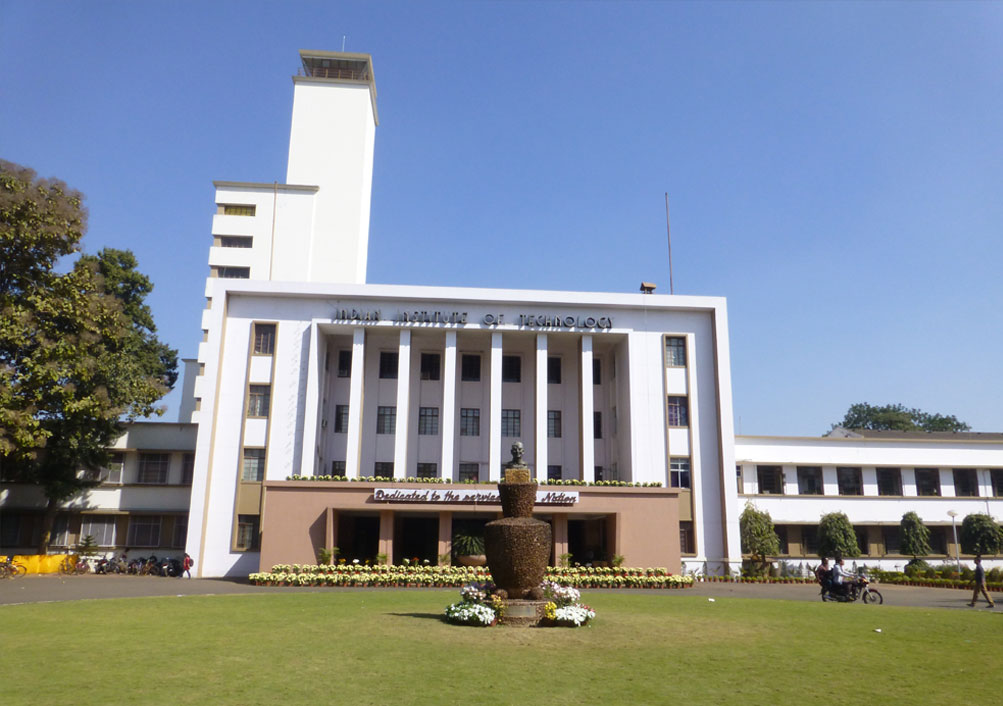Apex Court comes to rescue of IITs; says criterion adopted for admissions does not suffer from vires of hostile discrimination

Read Judgment: Indian Institute Of Technology Kharagpur & Ors v. Soutrik Sarangi & Ors
Pankaj Bajpai
New Delhi, October 1, 2021: The Supreme Court has observed that securing a seat in any one of the twenty three IITs stands on a different footing than securing a seat in non-IIT institution.
This is not to in any manner undermine the worth or academic curricula or ranking of such non-IIT institutions and therefore, the classification of IITs, on the one hand and non-IIT institutions on the other hand is warranted, added the Court.
A Larger Bench of Justice Uday Umesh Lalit, Justice Bela M. Trivedi and Justice S. Ravindra Bhat observed that the classification made by IITs is justified both statutorily and in terms of Parliamentary declaration that the Institutes of Technology Act, 1961 was conceived as one meant to set-up institutions of excellence having national status.
The background of the case was that, a petition was filed before the High Court by a student named Soutrik Sarangi aggrieved with his rejection of application for JEE(Advanced) 2021 on the ground that he had already taken admission in IIT-Kharaghpur for 2020.
Therein, the single judge of the High Court allowed Soutrik’s petition holding that to prevent a IIT student from appearing for JEE(Advanced) was illogical. The single Judge also held that permission to a student who withdrew from IIT admission to appear for JEE(Advanced) on one hand, and barring a student who has secured admission, amounts to hostile discrimination.
Challenging the single judge verdict, IIT directly approached the Supreme Court, without availing the option of letters patent appeal before the division bench, which was overruled.
Explaining the rationale behind its criterion for the withdrawal option, the IIT submitted that it was so designed as to achieve two primary objectives, firstly, avoidance of wastage or blockage of seats and consequently to enable students to improve their performance in the subsequent year and if eligible, to participate again.
It was submitted that in the event the candidate did not exercise an withdrawal option, he would be precluded for the subsequent year. This was because had the candidate withdrawn from the course, that seat would have been available for admission the previous year to another candidate.
The IIT also submitted that this criterion was in force for the past five years and the candidate was well aware of it while participating in the entrance.
After considering the object behind the Criterion 5, the Top Court said that the reasoning of the High Court of Criterion 5 not permitting IIT students to participate in IIT (Advanced) for the second time being arbitrary is not supportable.
The Top Court reiterated that in matters such as devising admissions criteria or other issues engaging academic institutions, the courts’ scrutiny in judicial review has to be careful and circumspect.
Unless shown to be plainly arbitrary or discriminatory, the court would defer to the wisdom of administrators in academic institutions who might devise policies in regard to curricular admission process, career progression of their employees, matters of discipline or other general administrative issues concerning the institution or university, added the Court.
The Apex Court opined that the High Court had erred in holding that the exclusion of a candidate who secures admission but does not opt out of it and virtually abandons it as in the case of Soutrik from participating in the subsequent JEE (Advanced) examination is arbitrary.
The High Court proceeded to facially compare IITs and non-IIT institutions and hold that candidates who are admitted to non-IIT institutions and who do not proceed in the institution and who are allowed to participate in the subsequent JEE (Advanced) amounts to hostile discrimination and those who secure admission but do not proceed with the course in any given year, added the Court.
Therefore, observing Criterion 5 to be valid and aimed at conserving a valuable public resource, i.e. seats in IITs, the Bench set aside the direction of the High Court.
Sign up for our weekly newsletter to stay up to date on our product, events featured blog, special offer and all of the exciting things that take place here at Legitquest.




Add a Comment